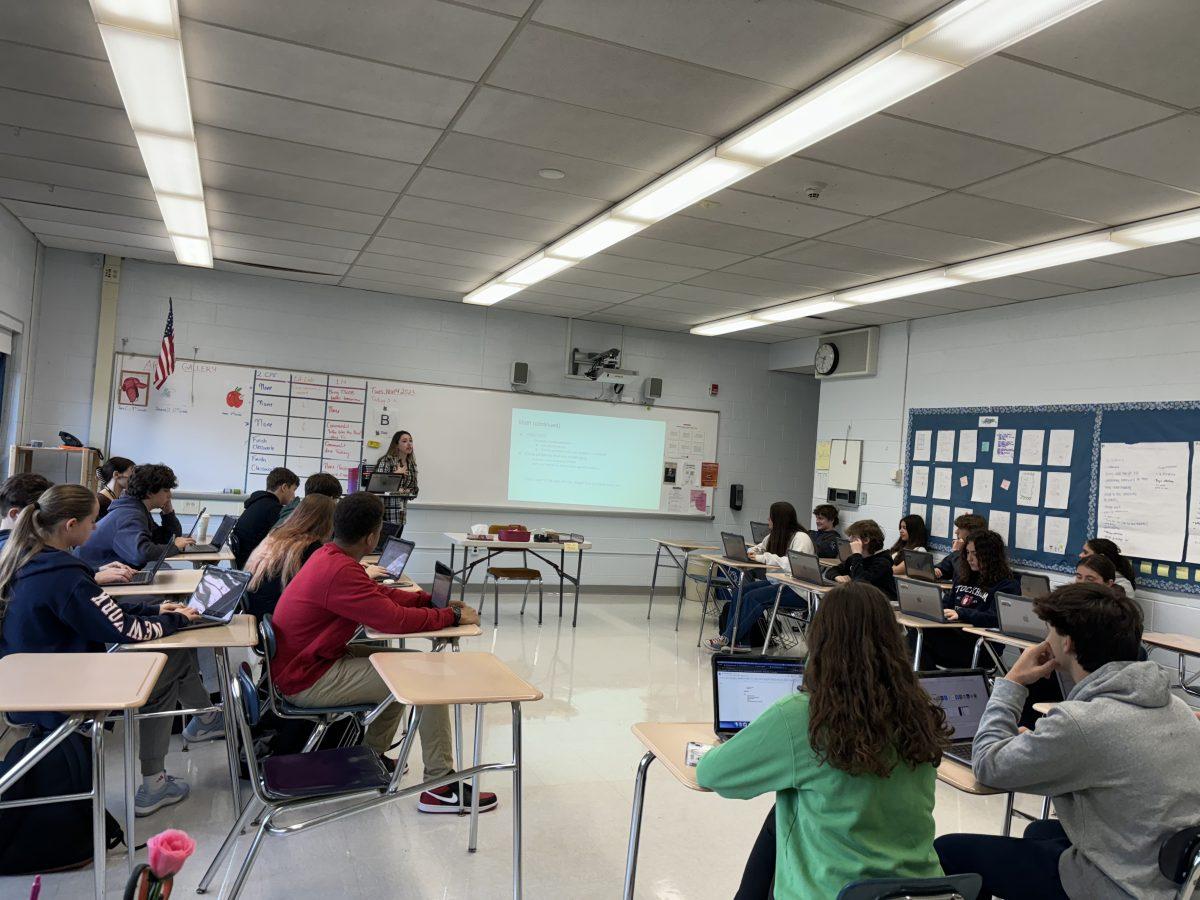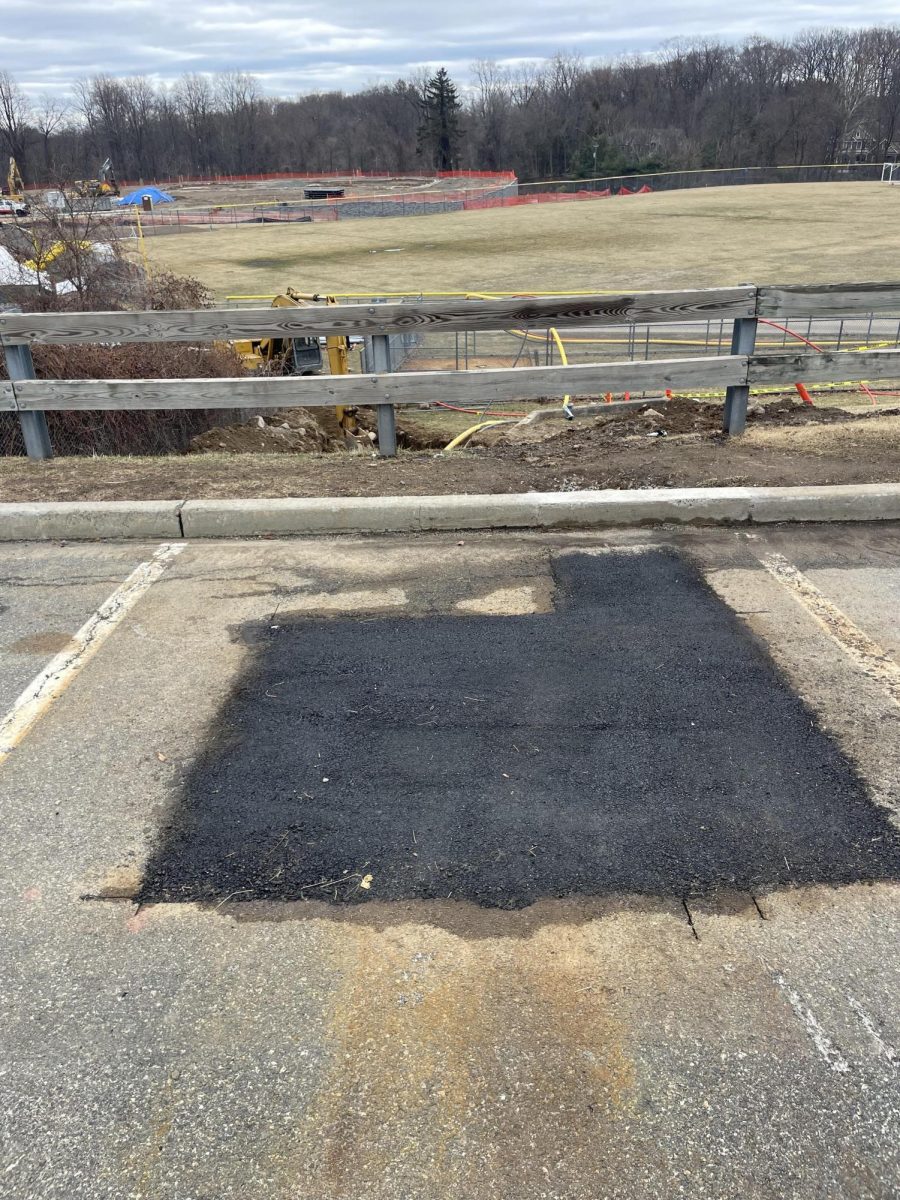‘25
With the new year comes new things. This seems especially true for the English department. As of this school year, some major changes have been made to the English department’s required curriculum. Instead of being given a double period of English, the freshman class body is to take two classes: English for one period, and a “Literacy Lab” for the other. This course is designed to assist students in building the foundation for key topics introduced in the English 1 curriculum, such as literature, language, and composition.
Supervisor of the English Department, Mrs. Davidson, explains that the new course was inspired by two things: a change of schedule in order to allow students more opportunities to take more classes, and a preexisting class at Northern Highlands Regional High School. The main objectives of the class are “[to help] students who are new to high school understand the expectations and develop academic skills they will need for success throughout high school and beyond.”
When asked what skills or knowledge the students will gain through the course, Davidson divulges that “The course is a nice blend of ‘need-to-know’ things like how to use our district’s platforms, how to upload assignments, how to write a professional email…as well as skill building such as research skills, critical reading, communication, and decision making.” This course aims to ensure that no student falls behind in consequential classes that require these skills.
Though the idea is strong, some students have uncertainties about whether the lab is efficient or worth their time. “Honestly, I think some of the topics covered in that class are a bit redundant,” states freshman student, Jordan Stashi, “For example, we learned recently about email etiquette…but all of us have been writing emails since elementary school. Some of it was helpful, but the rest of the topics are not as important.” That being said, some teachers have noted that students have trouble communicating ideas professionally via email. This class sets expectations for how all students, regardless of their ability coming into high school, should communicate with teachers.
Marianna Adragna, freshman, follows this up by saying, “I don’t think it’s necessary because all we do is read and go over the exact stuff we did in health and wellness in the eighth grade; and, if anything, it would make more sense to just have a double period with the same teacher we have for English.” The student body’s criticisms are fair, but it needs to be taken into account that the class has no level variance. In other words, there are no CPE or Honors classes. The freshmen in the class are all subject to the same level of education, which may impact the curriculum taught to the students and perceived level of difficulty.
“As a teacher of freshmen, I will miss that extra time getting to know my students better!” On the flip side, however, the course will allow “students [to] get to know more teachers–and other teachers [to] get to know them.” Furthermore, it will expose freshmen to other peers whom they would not typically see otherwise.
All things considered, the freshman Literacy Lab is intended to develop the student’s critical reading, problem-solving, written and verbal communication, and decision-making skills. The introduction of these objectives is intended to support students in their future course of study. Though some materials are monotonous, it is imperative that students develop these skills and strategies to the best of their abilities in order to succeed in later classes and careers.





